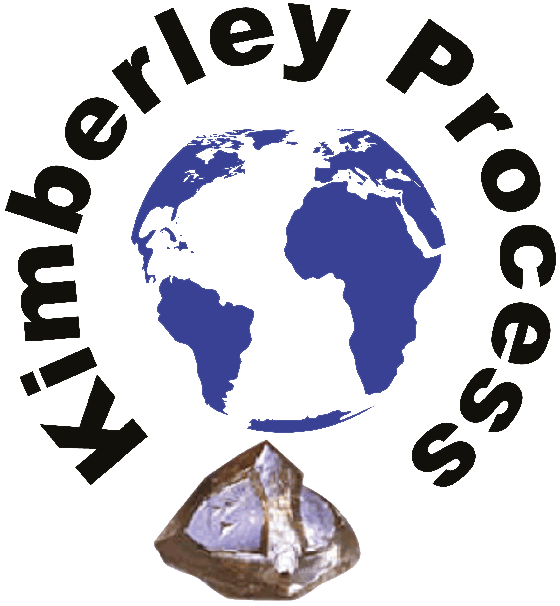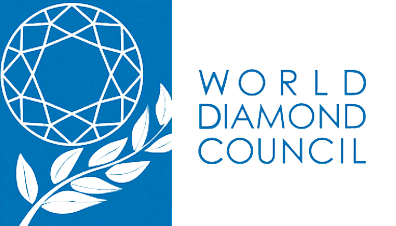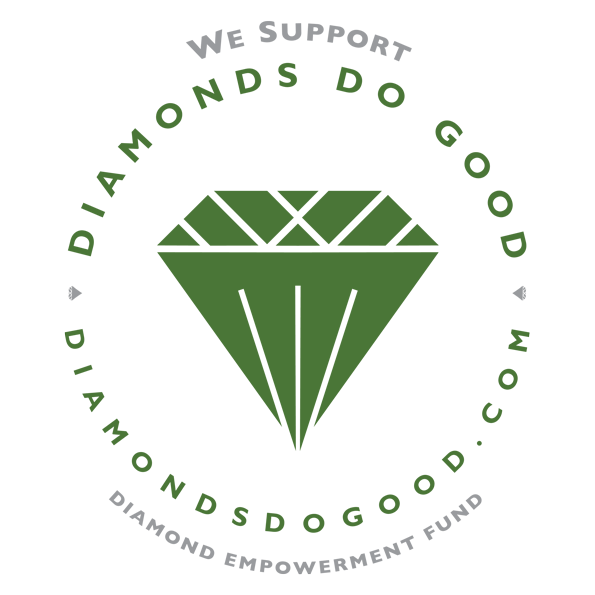Ethical Sourcing




The natural diamond industry is highly regulated by multinational governmental and independent bodies. NDC members have gone above and beyond in adopting standards and practices that safeguard ethical working conditions for employees and contractors, protecting the natural environment, and contributing to the sustainable growth of local communities.
How we achieve this:
In addition to their own ethical rules and codes of practice, our members adhere to a number of international standards and industry best practices developed and monitored by independent organizations such as the Responsible Jewellery Council and the United Nations Global Compact.
1. The Responsible Jewellery Council
The Responsible Jewellery Council (RJC) is the world’s leading jewelry and watch industry standard-setting organization.
Members of the RJC, spanning from mine to retail, must be verified and certified against a Code of Practices (COP) that ensures they meet the highest standards in terms of business ethics, human and labor rights, working conditions, health, safety and environmental management. These standards include: ILO Labor Standards, OECD Due Diligence Guidance for Minerals & Metals, UN Guiding Principles on Business & Human Rights, UN Global Compact, and Sustainable Development Goals (SDGs) and the 2030 Agenda.
The RJC is also accelerating progress towards the United Nations 2030 agenda and their 17 Sustainable Development Goals (SDGs).
2. The Kimberley Process
The Kimberley Process (KP) is a United Nations and World Trade Organization-mandated structure that involves governments, industry, and civil society. Representing 82 countries, the KP is committed to removing any conflict diamonds from the trade of rough diamonds and the global jewelry supply chain. It aims to protect individuals and communities where diamonds are found, thus facilitating the conditions necessary for social and economic development.
The KP is responsible for the governance of the Kimberley Process Certification Scheme (KPCS), which implements safeguards on shipments of rough diamonds, where only those certified “conflict-free” are allowed to be traded or sold. Trade in rough diamonds can only take place between countries that are KP members, and international shipments must be in tamper-proof containers accompanied by a KP certificate issued by an authorized KP authority. The KPCS is credited with reducing conflict diamonds to less than 1% of today’s diamond production.
3. The World Diamond Council
The World Diamond Council (WDC) is an industry organization dedicated to protecting the integrity of natural diamonds and their distribution chain.
Created to support international efforts to eliminate the trade in “conflict diamonds,” the mission has been expanded to ensure that all natural diamonds are handled in accordance with universal principles of human rights, labor rights, anti-corruption, and anti-money laundering.
The World Diamond Council represents the international diamond industry in the KP and created the System of Warranties (SoW). Through this system, the buyers and sellers of diamonds commit to adhering to universally accepted principles of human and labor rights, anti-corruption, and anti-money laundering (AML). To show compliance, they include a warranty statement on B2B invoices each time a diamond changes hands, assuring the next buyer that it originated from sources in compliance with the Kimberley Process Certification Scheme (KPCS) and also that the diamonds were handled in accordance with essential responsible business practices related to human and labor rights, anti-money laundering and anti-corruption.
As the body that represents the international diamond industry in the KP, the World Diamond Council (WDC) created the System of Warranties (SoW). Through this system, the buyers and sellers of diamonds commit to adhering to universally accepted principles of human and labour rights, anti-corruption and anti-money laundering (AML).
Read more about the framework for an ethical and
sustainable diamond industry here.
4. Diamonds Do Good®
Diamonds Do Good® is a global non-profit organization that supports programs that develop and empower people in communities where natural diamonds are mined, cut, polished, and sold.
Diamonds Do Good® shares these stories of positive impact and those of the international natural diamond industry to better explain the long-standing commitment to creating sustainable social and economic impact along the journey of a natural diamond from the source to your collection. They directly fund programs that have proven success in providing young people with high-quality education as well as leadership development and entrepreneurial skills building.
5. Reporting
Natural Diamond Council members must comply with relevant local and international environmental, employee, and community protection legislation. Our members develop environmental management, monitoring, and protection plans in collaboration with local communities and local and national governments through rigorous multi-stakeholder engagement processes that begin well over a decade before mines go into production and continue throughout the life of the mine.
NDC members publicly report on their sustainability programs, initiatives, and commitments every year. All reports are audited by 3rd-party-certified organizations to ensure clear transparency and accountability. These reports also serve as benchmarks to help with further improvement.
View the sustainability reports of all the Natural
Diamond Council members here.
